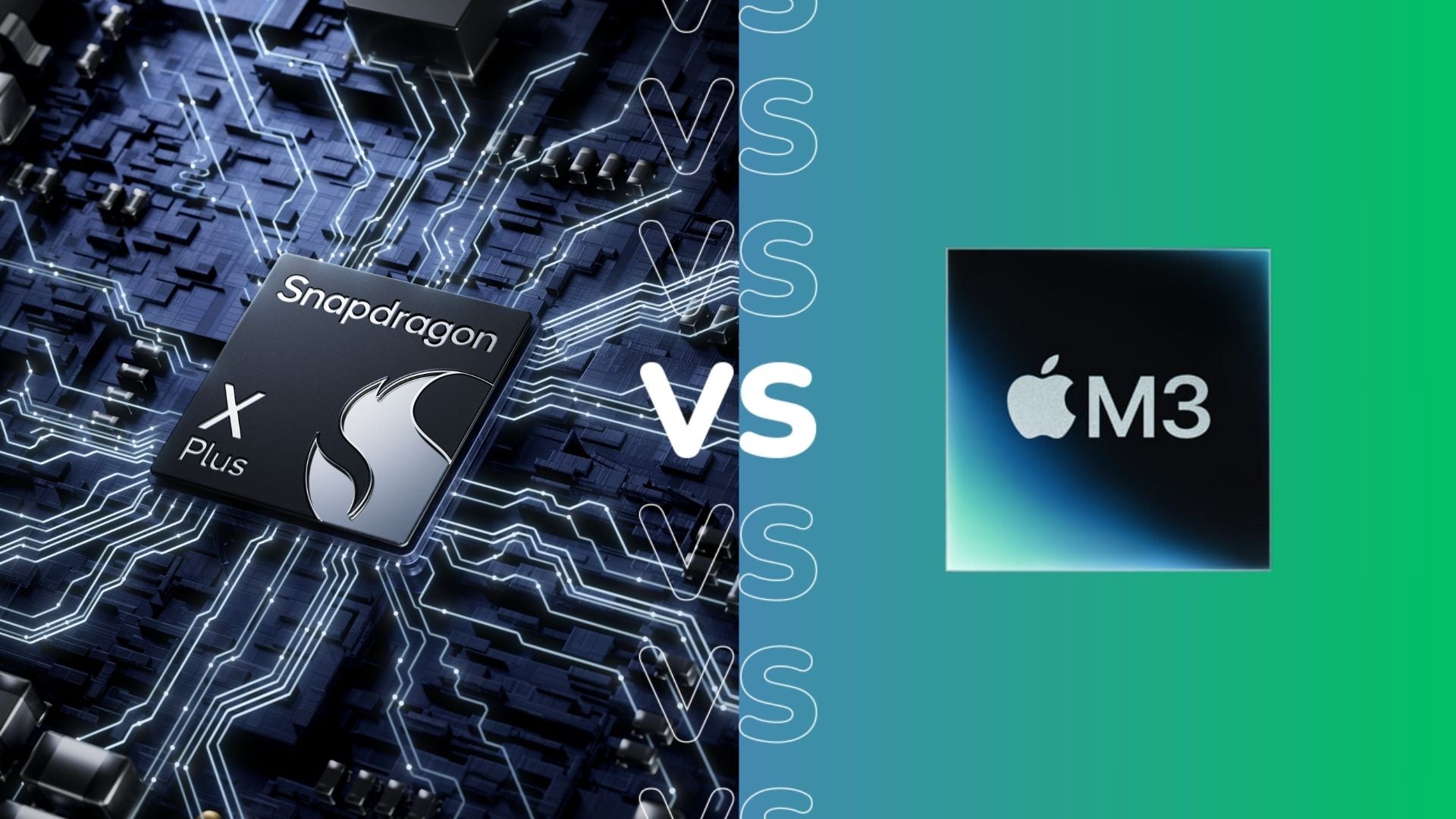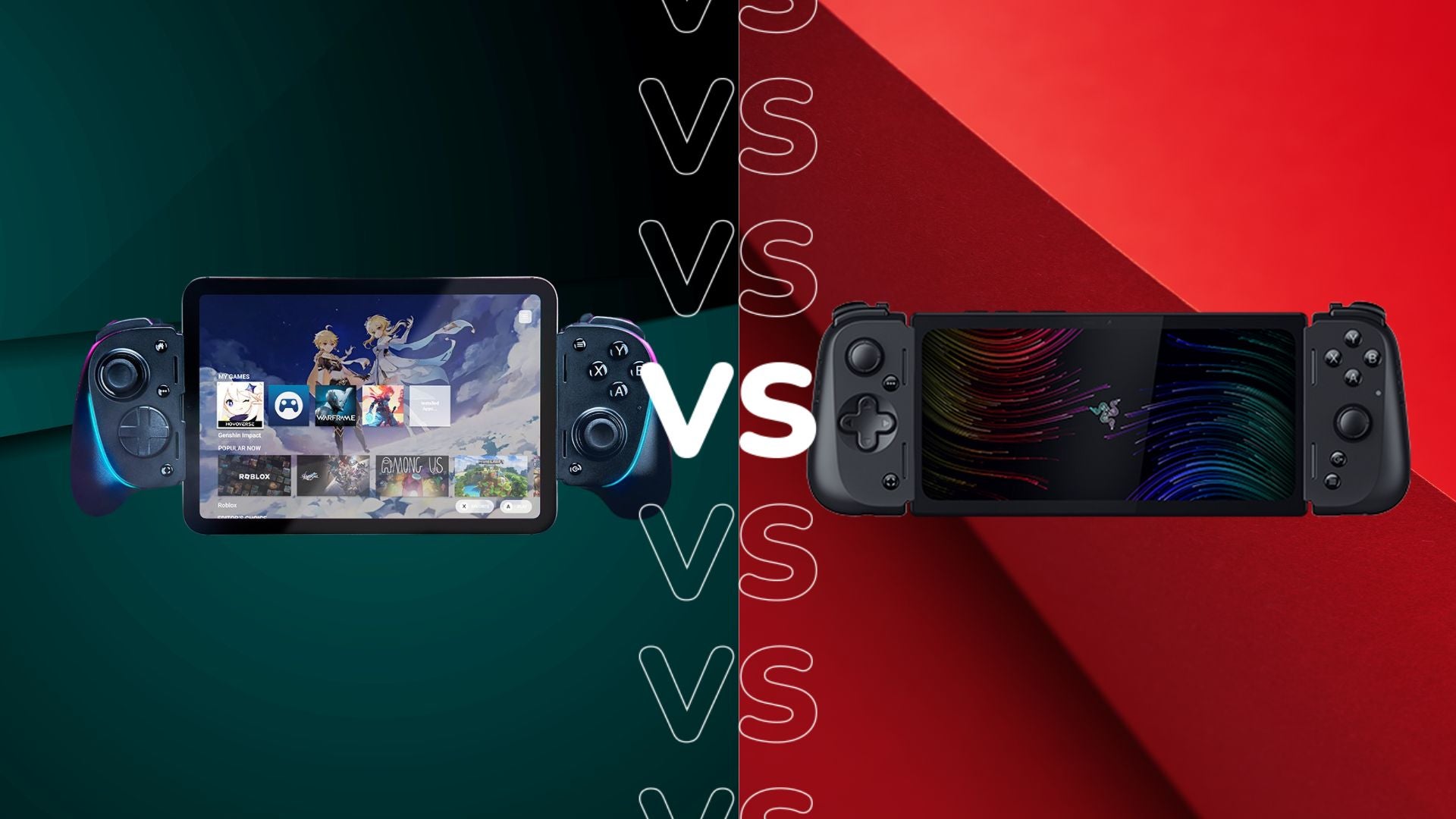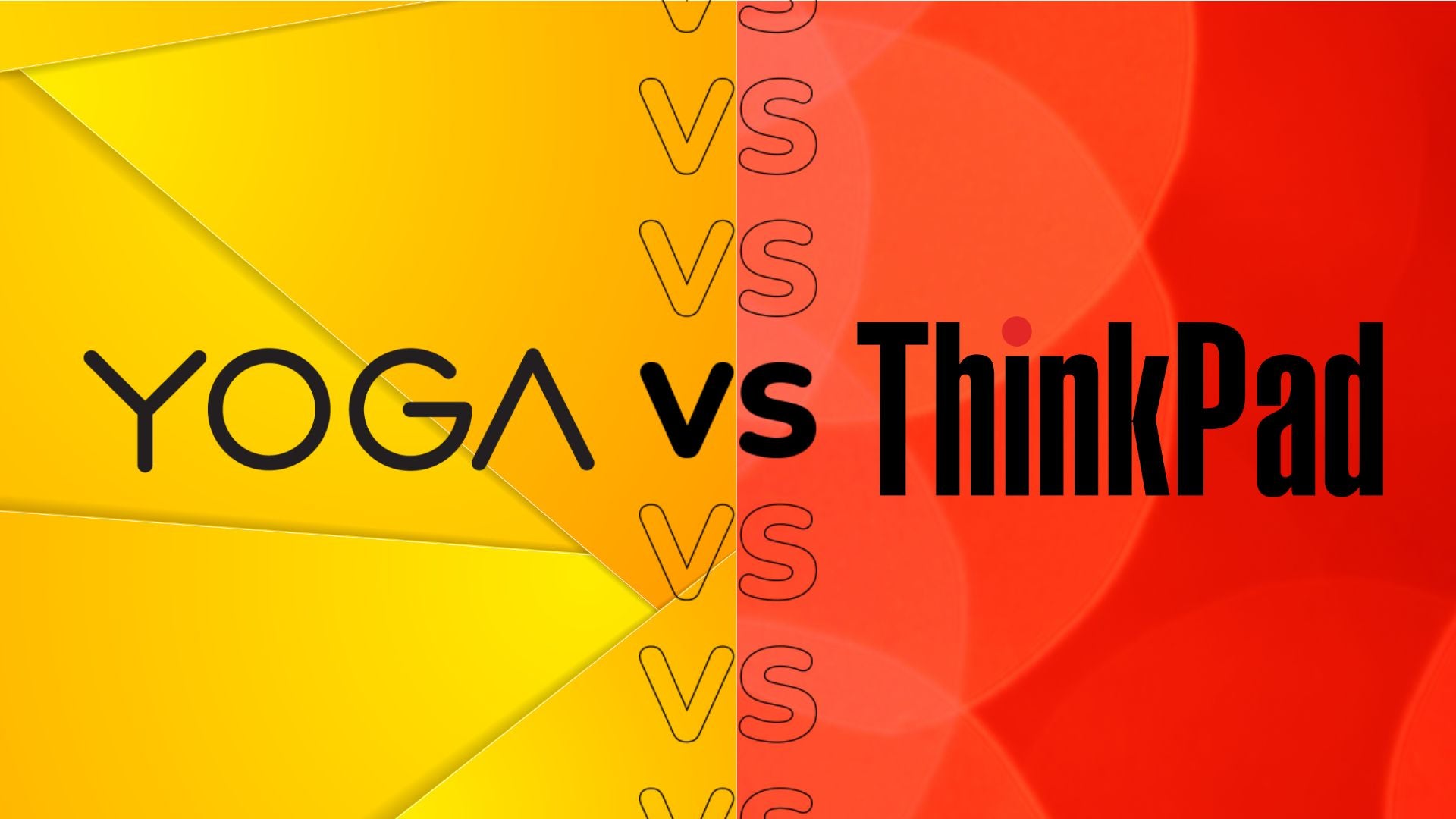Intel vs AMD: Which processor should you opt for?
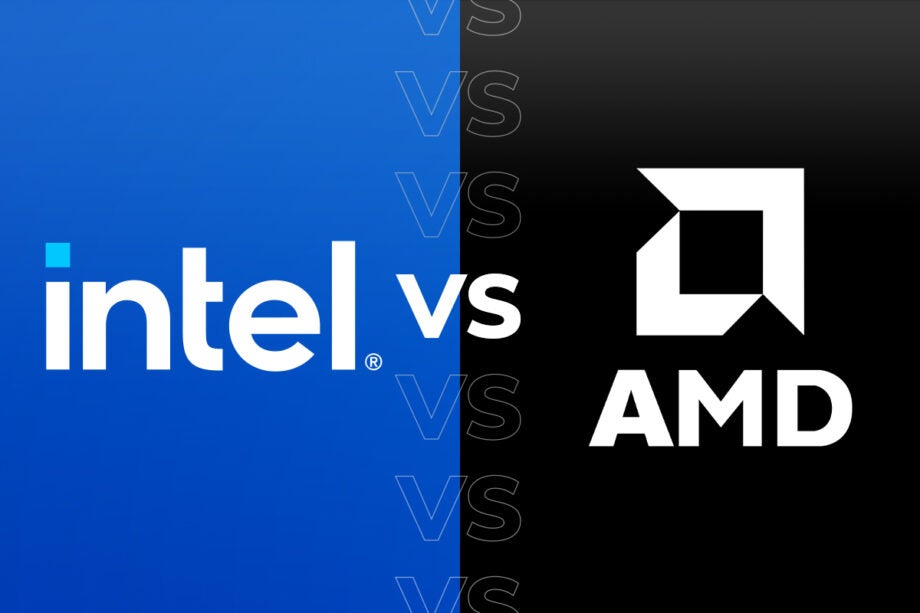
If you’re looking to buy a new laptop, or a CPU for your desktop PC, one of the first dilemma you’ll likely encounter is whether you should opt for an Intel or AMD processor.
Unfortunately, it’s not as straightforward as saying Intel is best for gaming and AMD is best for content creation, especially with recent technological advancements on both sides blurring the lines. But nevertheless, both Intel and AMD have their own strengths and weaknesses that should be factored in for your next purchase.
For this reason, we’ve provided this Intel vs AMD guide so know whether you should commit to team blue or team red.
Desktop processors
Let’s start with desktop processors. The most recent additions in the Intel side arrived as part of the 12th Generation (aka Alder Lake) family. The headline chip here is the Intel Core i9-12900K, which features 16 cores, 24 threads and a 5.1GHz max boost clock speed.
On the red side, the Ryzen 5000 Series remains the latest and greatest range of AMD desktop processors despite first launching all the way back in 2020. The Ryzen 9 5950X is the most powerful chip in this family, featuring a whopping 16 cores, 32 threads and up to a 4.9GHz boosted clock speed. Intel has now matched AMD in terms of CPU core count, although AMD does still boast the lead for the numbers of threads on its flagship chip, indicating it’s still the leading option for multi-threaded workloads.
However, Intel has concentrated its efforts into frequency speeds, claiming that the Intel Core i9-12900K is the most powerful mainstream chip for gaming.
After testing the Intel chip for ourselves, we’re inclined to believe Team Blue. That said, the gaming performance gap between AMD and Intel is undoubtedly shrinking, with Ryzen processors now becoming competitive on all fronts.
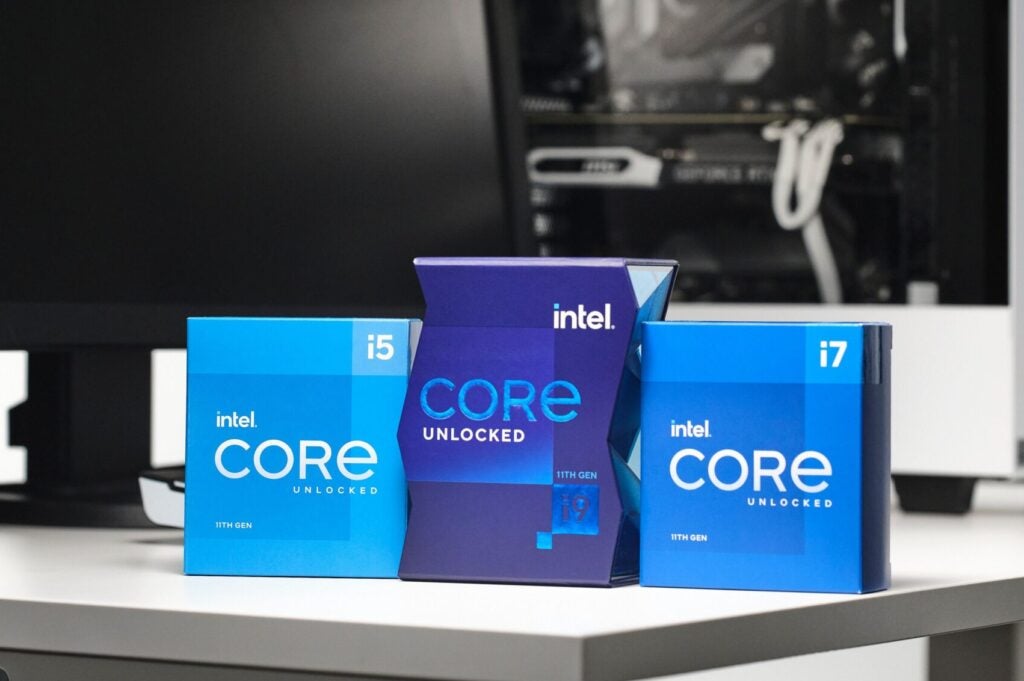
Price also has to come into the equation here. The Intel Core i9-12900K is an expensive chip with a recommended retail price of around £570. The Ryzen 9 5950X and Ryzen 9 5900X launched with prices at £750 and £540 respectively, but can now be found with significant discounts since they’ve been available for almost two years.
AMD and Intel also offer more affordable processors in their latest ranges, and are probably where you’ll find the best value for money. We currently recommend the Intel Core i5-12600K as the best value desktop processor for gaming, while the Ryzen 7 5800X is a solid option for an all-purpose system that can do it all.
It’s also important to remember that both AMD and Intel are planning to launch new desktop processors very soon. Intel will be moving onto the 13th Generation generation with the upcoming Raptor Lake processors, while AMD has confirmed it will be skipping a generation for desktop chips and moving onto the Ryzen 7000 series.
Both of the new generations of AMD and Intel desktop processors are expected to arrive before the end of the year, so it may well be worth waiting to see what kind of specs they have on offer or even to see if there are further price discounts for existing chips.
Laptop processors
The Intel vs AMD rivalry isn’t exclusive to the desktop space, as it also continues over to the laptop market. However, the argument isn’t always clear cut here, as the processors are integrated into systems built by other manufacturers.
One issue here is that third-party manufacturers like to make deals and remain faithful to certain processor manufacturers. The likes of the the Dell XPS laptops are only currently available with Intel processor configurations, for example. That said, Razer had a similar deal with its Blade laptops, and has now finally launched the AMD-powered Razer Blade 14, so the tide may be turning.
Since the processor is just one element of a laptop, it shouldn’t be the sole factor of your buying decision; you need to consider the design, display, storage space and whether you want a discrete GPU too. That said, picking the right processor is still very important. Every task from loading up a website to using an app will require the processing power of a CPU – opt for an old, sluggish processor, and you’ll see a big difference in the time it takes to complete tasks.
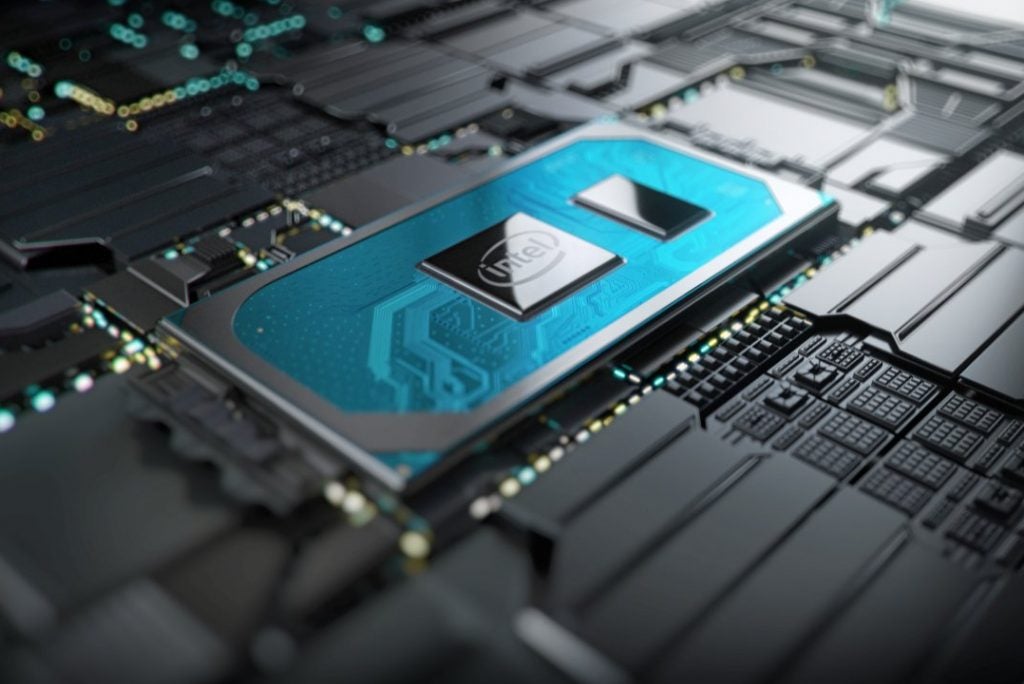
Intel’s 12th Generation mobile chips (Alder Lake) are the latest laptop processors on the blue side. They only launched recently, so laptops featuring the Intel processor are still trickling through to the market.
If you’re looking for a basic productivity laptop, then it’s worth looking out for Intel’s U series (eg i5-1245U) which are capable of a modest performance, and are usually found inside ultra-portable laptops. Intel has also launched a new P range (eg i5-1250P) which are also found inside lightweight laptops, but are capable of a faster performance. This could be ideal for those who want to engage in entry-level content creation.
If you want a laptop for serious content creation or gaming, Intel also offers an H series (eg i9-12900H), hitting higher CPU speeds for an improved performance. However, such processors run so hot that sophisticated cooling solutions are required to be built inside the laptop, which drives up the laptop’s price and weight.
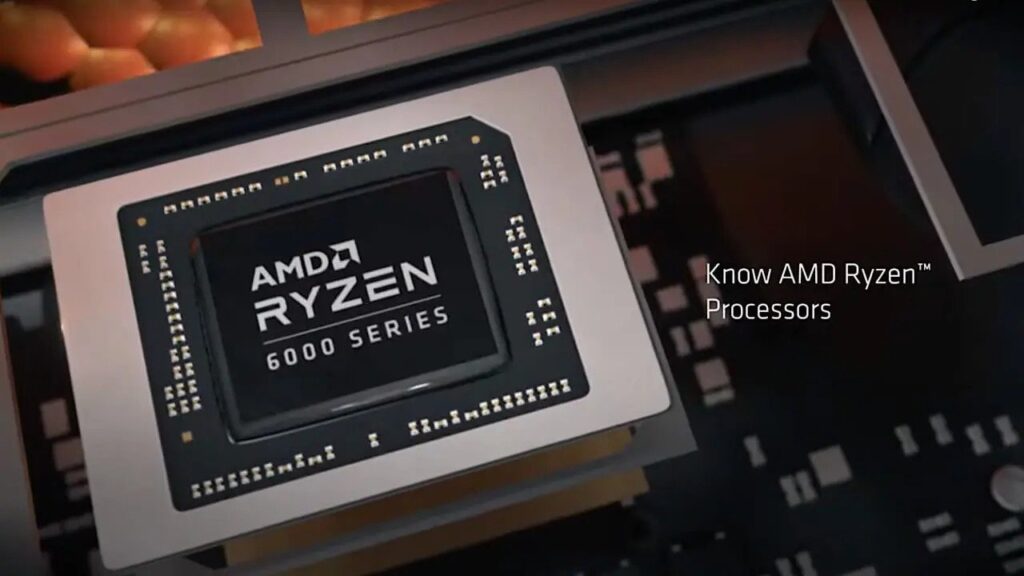
With all these different SKU branches, Intel’s mobile processor range is undeniably confusing. Fortunately, AMD has a more streamlined approach, as all of its Ryzen 6000 laptop chips feature both dazzling processing speeds and game-ready integrated graphics.
AMD also launched its Ryzen 6000 mobile processors this year, and uses similar naming contentions as Intel. The U series (eg AMD Ryzen 7 6800U) are ideal for basic productivity laptops, while the H series (eg AMD Ryzen 7 6800H) are capable of a high-end performance for workloads such as content creation and gaming. We haven’t seen too many Ryzen 6000 laptops just yet, but expect more to become available throughout the year.
It also has to be mentioned that there’s now a third major player in the mobile processor market. Apple has launched its own range of laptop chips from the basic power of the M1 to the monstrously powerful M1 Max in the MacBook Pro.
While Apple initially leapfrogged both AMD and Intel in terms of performance, the two chip makers have since caught up with the power of the M1 chip. It remains to be seen how the new M2 chip stacks up to the competition.
AMD vs Intel – Which is better?
Strictly speaking, there isn’t a standout winner here, as it really just depends on how you’re going to use your system.
Intel’s new Alder Lake desktop processors are very impressive, and have stolen a lead over the AMD chips. The Ryzen 5000 series offer great all-rounder performances, but can’t compete when it comes to workloads such as gaming. That said, you can find the latest AMD desktop processors with some major discounts, so may be the best option for those looking for a bargain.
The laptop scene is a tad more complicated, with both Intel Alder Lake and Ryzen 6000 systems only just starting to trickle through to shops. Both of the mobile processor series look very impressive, so you shouldn’t be disappointed with either option, although the allure of Apple’s M2 chip can’t be ignored.
Just make sure the specs adhere to your requirements, as there’s no point buying a juggernaut chip if you only want to browse the web and watch Netflix. And don’t make the processor the sole consideration when purchasing a laptop, as there are plenty of other important factors to take into account.


